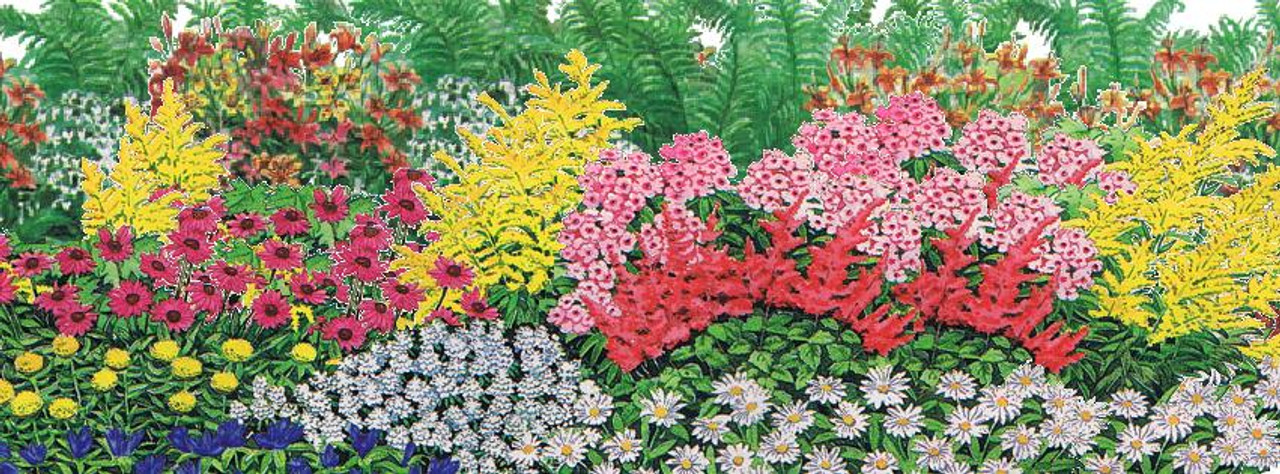What is a native plant?
Seems straightforward, right? However, the definition of a "native" plant can vary. Horticulturists, botanists, growers, and gardeners often have differing views. Let us break it down.
The Strict Definition of Native
Some believe that true native plants are those that grow naturally in the wild without human intervention. If you collect seeds from these wild plants and grow them in your garden, the seedlings are still considered native. However, if you select a seedling, name it, and propagate it for sale, strict nativists would not classify this named seedling as native. According to this definition, few of the plants sold on our site are native since they are not found in the wild.
Native Cultivars
Many plant enthusiasts also regard seedlings and cultivars of native plants as native. You might hear the term native cultivar or "nativar" to describe these plants. A native cultivar originates when native plants serve as parents to create a new variety. Plant breeders might select a unique trait from hundreds of seedlings of a native species to develop a native cultivar. Alternatively, breeders might cross multiple native plants to combine desirable traits, resulting in native cultivars.
Are Native Plants Easy to Grow?
Contrary to popular belief, not all native plants are easier to grow or longer-lived than cultivars. The plant's native region plays a crucial role. For example, a plant native to the Southeast U.S. might struggle in Wisconsin due to climate differences. To grow natives successfully, consult the USDA website to identify plants native to your state.
Plant breeders often seek disease-resistant cultivars of native plants. For instance, many native Monarda (bee balm) species are prone to powdery mildew, but selected cultivars resist this disease. Breeders also prioritize traits like strong stems, longer bloom times, self-cleaning flowers, landscape longevity, and greater vigor, making many native cultivars simpler to grow and maintain.
What’s Your Gardening Goal?
Gardening goals vary. Some seek to recreate historical landscapes, grow organic produce, or decorate their outdoor spaces with vibrant colors. Regardless of the goal, many gardeners prefer low-maintenance plants that attract pollinators and need less watering. Many native plants possess these attributes, and breeders are continually developing new varieties.

